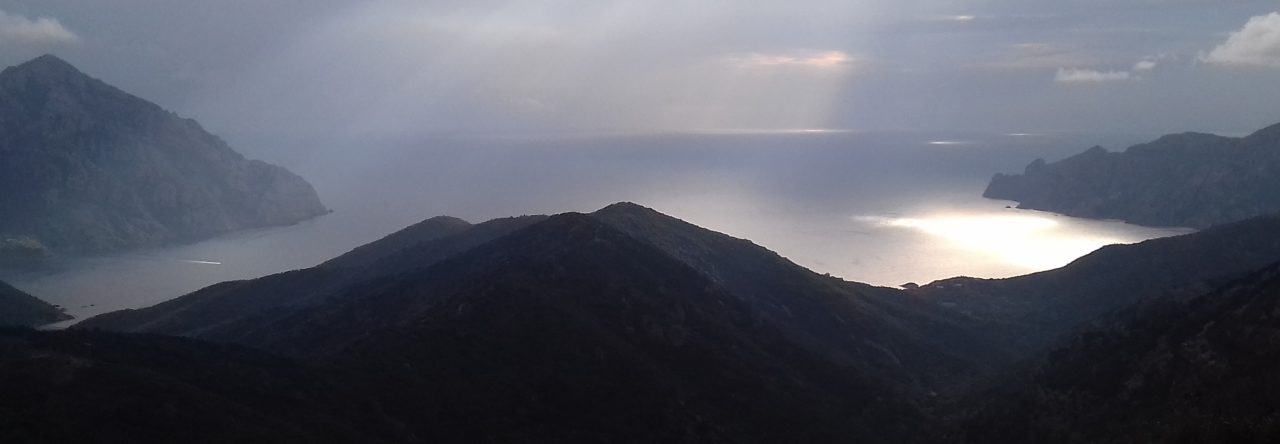Say what you like about Blighty but unlike many places there’s still freedom of speech – isn’t there? OK so mainstream media struggles to speak truth to power on the key issues facing us (and threatening it) but journalists don’t get arrested for providing information that counters the government line do they? OK there was Julian, but that was at the behest of the US wasn’t it, and maybe he was the exception that proved the rule ………..
Category: Politics Page 2 of 4
I suspect that most of us in the ‘collective west’ give little thought to ‘warfare’; what it involves, how it is materially supported, and to what ends it should be put. We may agree that ‘war’ is per se an appalling thing, destructive of society, community and humanity and be generally against it – and rightly so. However, does this blanket approbation leave the majority of us ill equipped to evaluate the actual mechanics and economic underpinnings required to wage war?
The judgment of history is going to be extremely harsh on Western leaders’ role in the Ukraine / Russian conflict.

On the 6th of February Tucker Carlson recorded a two-hour interview with President Putin in The Kremlin, which was subsequently made available for streaming on the 8th. (1)
I had determined not to blog about the Israeli / Palestinian crisis mainly, it has to be said, due to time constraints and the knowledge that this was complicated and would require careful research and thoughtful analysis. But once a writer always a writer! In trying to make sense of what is going on in the current conflict I found myself wondering how I might go about writing about it ………..
A few weeks ago I was searching for an interview with RFK junior as I had heard that his views on the causes and course of the war in Ukraine were quite extraordinary for a mainstream politician. He is seeking the nomination of the Democratic Party to run for US president in the 2024 election and is currently polling at about 15% – nowhere near enough to give him any realistic chance of gaining the nomination – but not to be sneezed at either.
‘Evil’, ‘sociopath’, ‘dictator’, ‘corrupt’ ‘playground bully’, ‘bastard’.
Some of the descriptions that I have heard in conversations about the president of the Russian Federation, Vladimir Putin.
Ungrateful Ukraine to Blame

They say a picture paints a thousand words – and doesn’t this just broadcast Volodymyr Zerenski’s isolation at the NATO summit (1) – and not just because he misread the dress code? (2)
Maybe at the Annual NATO summit 11 – 12 July 2023?
I haven’t posted on the war in Ukraine for some time, partially it has to be admitted, through lack of time (this is a serious matter and writing about it should be a careful and well thought out enterprise), but essentially because I no longer know where to start.

One year on, how many additional lives may have been unnecessarily lost, people injured, displaced and devastated by the West’s refusal to back peace talks to bring the conflict in Ukraine to an end?
